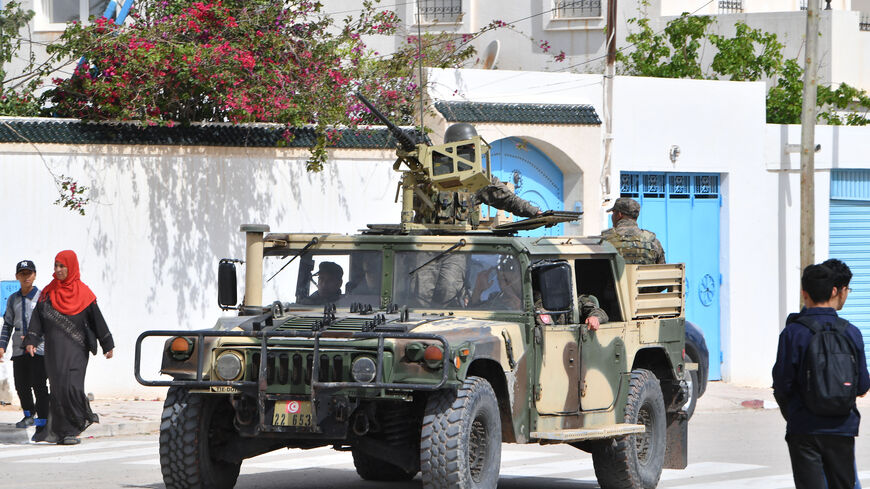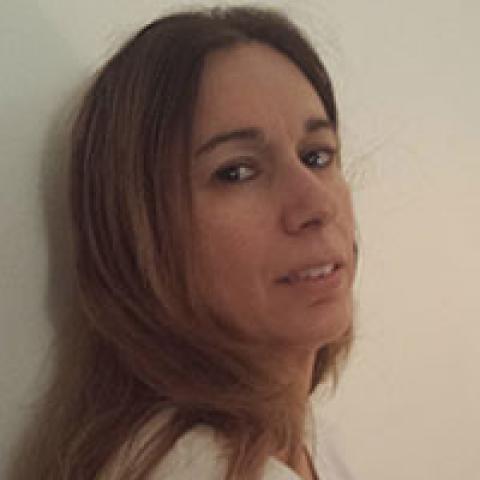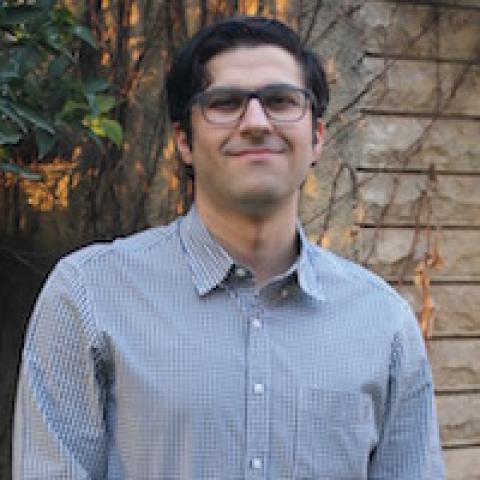A Tunisian security officer carried out a deadly attack against Jews worshipping at the historic El-Ghriba synagogue on the island of Djerba on Tuesday evening, killing two Jewish visitors and two Tunisian guards.
The attack occurred during the festive Lag BaOmer holiday when Tunisian Jews from abroad — including Israel — visit the island.
One Jewish artist based in Tunis said that the incident has shaken the community.
"We feel it as Tunisian Jews. It is, of course, a big crisis for us," Rafram Chaddad told Al-Monitor. "It’s about confidence. We have our history here."
Tunisia's Interior Ministry said that a naval guard posted nearby killed one of his fellow guards and took his ammunition. He then continued toward El-Ghriba where he shot and killed two visitors and another security guard before security officers at the synagogue fatally shot him. The ministry said on Tuesday that 10 people — six guards and four civilians — were also injured in the exchange of fire. The ministry has not released the identity of the attacker.
In a statement, the ministry said that the synagogue was secured and the entrance closed when the attack was carried out. It is now investigating the motives of the assailant.
Reuters reported on Wednesday that another guard who was injured in the attack succumbed to his wounds and died.
According to Israeli media, the two visitors killed were cousins — 30-year-old Aviel Haddad, a citizen of Israel and Tunisia, and 42-year-old Benjamin Haddad, a Jewish businessman living in France. Israel’s Foreign Ministry confirmed on Tuesday that one of the people killed was an Israeli national. The ministry said it was in contact with his family and other Israelis on the island to help them. The French Foreign Ministry confirmed that a French national was killed in the incident. "We salute the rapid intervention of the Tunisian security forces, and we stand alongside Tunisia to continue the fight against anti-Semitism and all forms of fanaticism," said the ministry.
The attack took place as the synagogue was full of worshippers from around the world for the Lag BaOmer celebration. El-Ghriba is one of the oldest synagogues in Africa, drawing thousands of visitors every year, especially on Jewish holidays. Tunisia and Israel do not have diplomatic relations, but Tunisian authorities offer visas to Israelis wishing to travel to Djerba for Lag BaOmer. The holiday has thus become especially important for Tunisian Jews.
"It has gradually become a big ceremony and a meeting place for Tunisian Jews from all over the world," said Chaddad.
Tunisia once had a large Jewish community of more than 100,000 in the mid-20th century, but most of the community has emigrated — largely to Israel and France. Anti-Jewish sentiment following the creation of the State of Israel in 1948 was a factor.
The Jewish community in Tunisia today is centered in Tunis and Djerba. The Jewish community in Djerba, which dates back to ancient times, has long been seen as a symbol of peaceful coexistence between Jews and Muslims.
This is not the first time the Djerba community has been attacked. In 1985, a police officer shot three Jews at a synagogue on the island in an apparent revenge attack following the deadly Israeli bombing of the Palestine Liberation Organization's headquarters in Tunis at the time. In 2002, al-Qaeda bombed El-Ghriba, killing 21 people, including German and French tourists and local Tunisians. Since then, the synagogue has been under heavy security, especially during the pilgrimage season.
"I do think Jews are safe in Tunisia," Chaddad noted, adding that there is, however, anti-Jewish sentiment in Tunisia related to the conflict in Israel.
"There is always this, 'You’re a Jew, you’re also a Zionist.' This very much exists in the political discourse in Tunisia, like in the right wing in Israel," he said.
There were calls in Tunisia to criminalize normalization with Israel during last year's Lag BaOmer festivities.
A message posted to Twitter by the US Embassy in Tunisia, published only hours before the attack, said that Ambassador Joey Hood and Special Envoy to Monitor and Combat Antisemitism Ambassador Deborah Lipstadt had visited the historic El-Ghriba synagogue, together with senior Tunisian officials and head of Djerba’s Jewish community Perez Trabelsi, for the opening ceremony of the annual Lag BaOmer pilgrimage there.
"This example of coexistence in Tunisia reinforces our shared commitment to multiculturalism and the protection of religious freedom," read the tweet.
State Department spokesperson Matthew Miller published a statement on Twitter condemning the attack. "The United States deplores the attack in Tunisia coinciding with the annual Jewish pilgrimage that draws faithful to the Ghriba Synagogue from around the world. We express condolences to the Tunisian people and commend the rapid action of Tunisian security forces," it read.
According to The Jerusalem Post, the Israeli government and the Jewish Agency have been monitoring for several months a serious threat against the Jewish community in Djerba. The newspaper report cited an unnamed Israeli senior official saying two months ago that "in a small Jewish community in Tunisia, Jews are being picked on by the press and by local police, with a sense of antisemitism coming from the local government."
"We're working on monitoring the situation with the Jewish Agency and with the Aliyah and Integration Ministry, trying to create an impact and bring these Jews to Israel," the source added.








